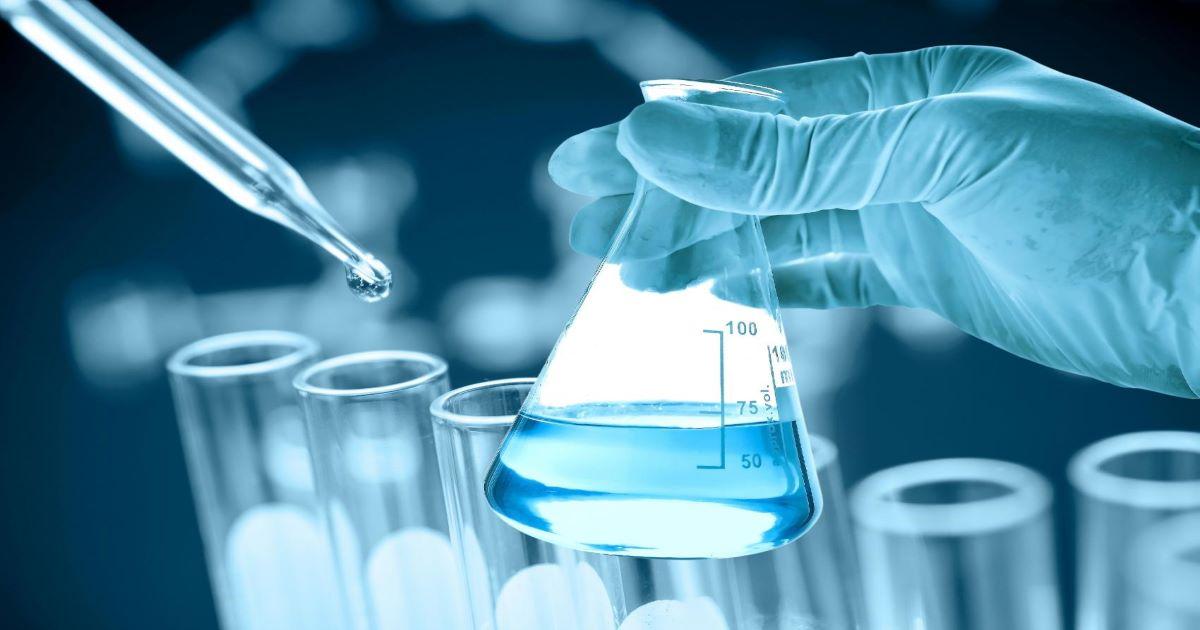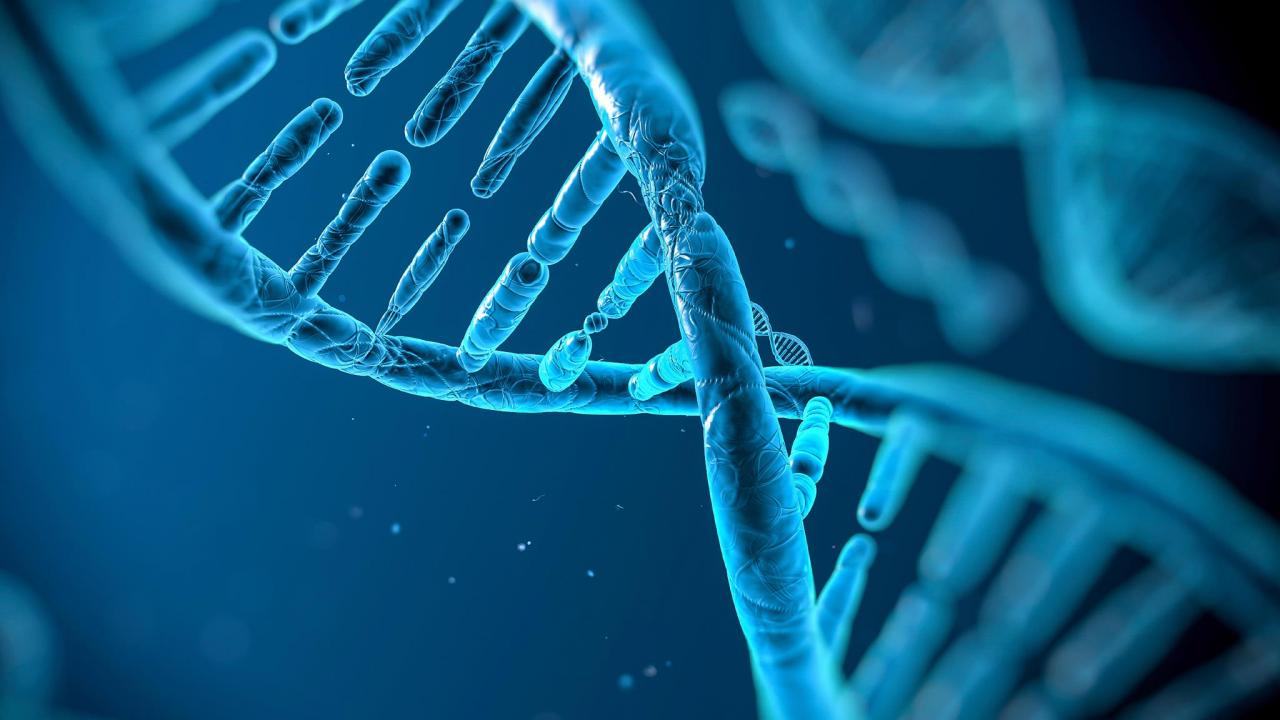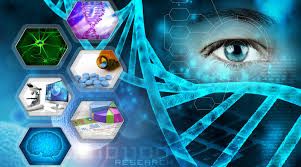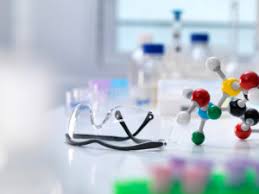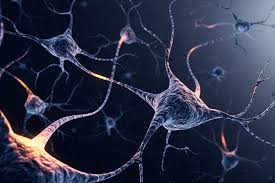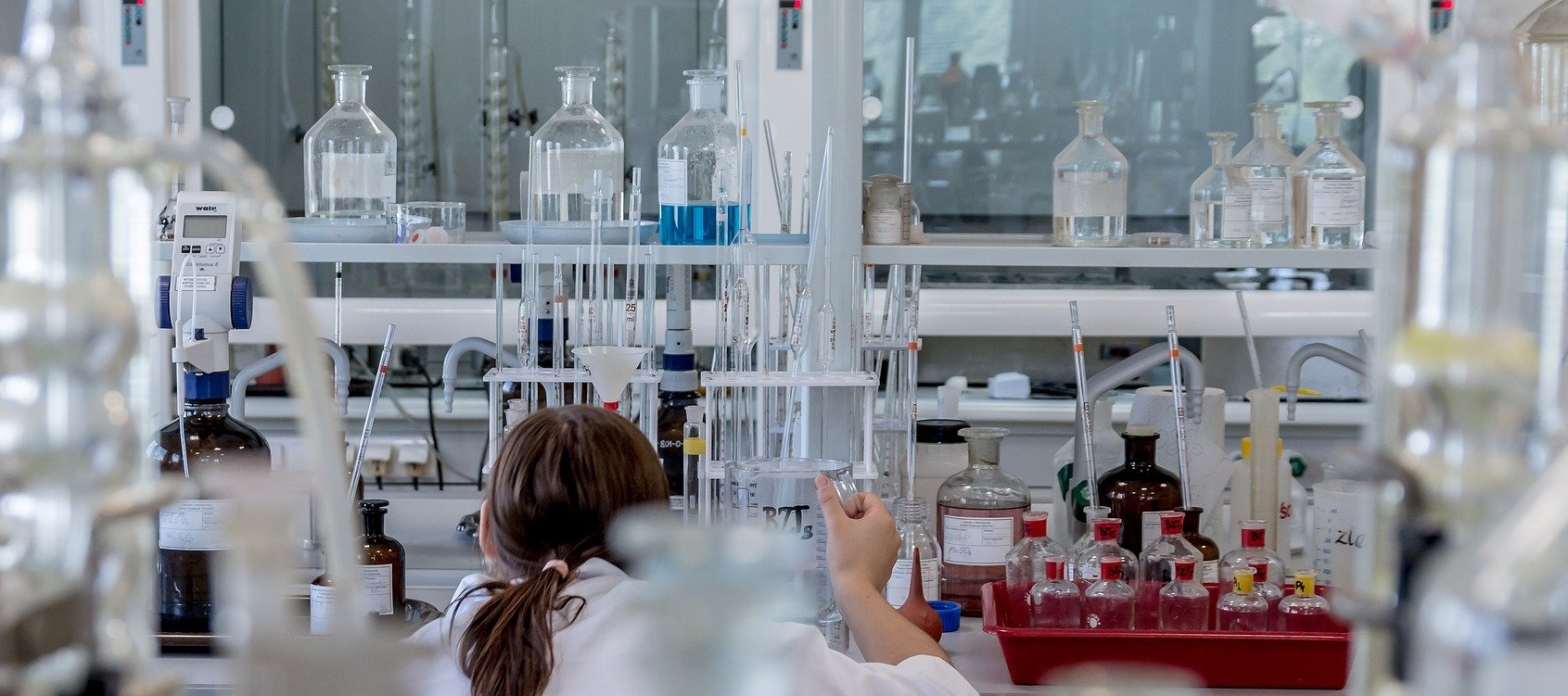Available courses
Number of topics: 139
AS Maths consisting of the following modules:
- Core 1
- Core 2
- Mechanics 1
Number of topics: 135
This course takes you on from AS Mathematics through to a full Mathematics A-level.
There are three modules: Core 3, Core 4 and Decision 1.
Number of topics: 8
Module 3 covers the concepts of periodicity and the periodic law then studies the properties and reactions of the elements of group 2 and group 7 in more detail. New concepts include 1st and successive ionisation energies. giant structures and disproportionation reactions,
The module then moves into the area of heat energy change and enthalpy change for a variety of reactions including a fair amount of calculation work.
New concepts include standard enthalpy change, Hess's law and average bond enthalpy.
Next is rates of reaction and equilibrium where the factors affecting both reaction rates and reversible reactions and equilibrium are explored.
New concepts include Maxwell-Boltzmann distribution of molecular energies, activation energy, catalysis and Le Chatelier's principle for predicting the effect of changing conditions in systems at equilibrium, and the equilibrium constant Kc.
Module 4 covers all of the organic chemistry starting with the basics such as types of formulae, naming and isomerism.
The module moves to the properties and uses of alkanes and alkenes including the use of fuels, and the use of polymers and the problems of disposal.
The module then continues with alcohols and haloalkanes which are new content for Chemistry students before completing the AS work with analytical techniques, bringing in the new concepts of mass spectrometry and infrared spectroscopy.
Number of topics: 8
Module 1 covers all aspects of practical skills in preparation for the written examination and for the practical activity group tasks towards the practical endorsement
Module 2 covers the fundamental concepts in Chemistry.
Atomic structure and bonding are traditional topics but new ideas encountered include shapes of molecules, intermolecular forces and a new way of dealing with electronic structure of atoms.
Moles and chemical quantities requires you to get your numeracy skills up to scratch as there are a variety of problem solving tasks to do including titrations and the formulas for hydrated salts.
Acids and bases and their reactions include new ideas such as strong and weak acids and bases, and titration.
Oxidation and reduction are old ideas but the new analysis involved needs use of oxidation number to solve problems.
Number of topics: 20
View courseNumber of topics: 5
View courseNumber of topics: 5
This is the separate moodle page for the BTEC Applied Science Foundation diploma modules taken in the first year which allows students 90 credits per year or 3 A-level equivalent over the duration of the course.
The units are as follows
Unit 4 - Laboratory Techniques
Unit 9 - Human Physiology of Reproduction and Regulation
Unit 11 - Genes and Genetic Engineering
Number of topics: 5
View courseNumber of topics: 5
View courseNumber of topics: 4
The AAQ in Human Biology is a one A-level equivalent course from OCR which is designed to provide learners with Biology knowledge that will help them to progress on to science specialisms at university and apprenticeships in Healthcare/science related pathways. Many learners will benefit from the hybrid exam and coursework style assessments.
Number of topics: 98
AS Physics consisting of the following modules:
- Unit 1 (Particles, quantum phenomena and electricity - 40% of UMS)
- Unit 2 (Mechanics, materials and waves - 40% of UMS)
- Unit 3 (Investigative and practical skill in AS physics - 20% of UMS)
Number of topics: 30
The second year of the A level Physics course.
Unit 4: Fields and Further Mechanics
Unit 5: Nuclear, Thermal and Applied Physics
Unit 6: Investigative and practical skills in A2 Physics
Number of topics: 9
View course